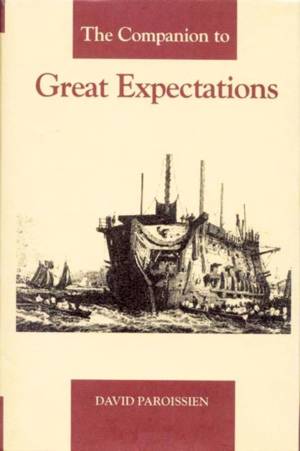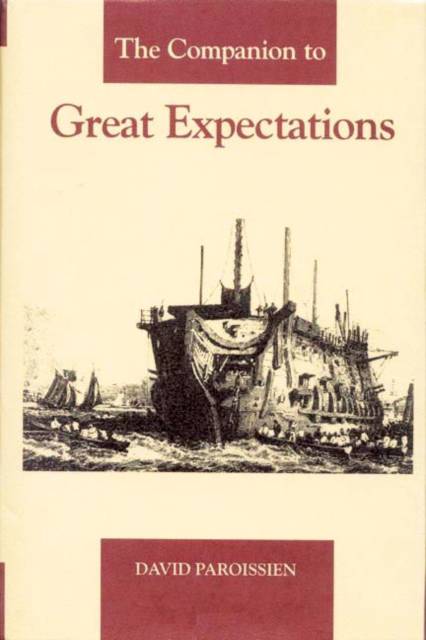
- Retrait gratuit dans votre magasin Club
- 7.000.000 titres dans notre catalogue
- Payer en toute sécurité
- Toujours un magasin près de chez vous
- Retrait gratuit dans votre magasin Club
- 7.000.0000 titres dans notre catalogue
- Payer en toute sécurité
- Toujours un magasin près de chez vous
Description
This study sets out to recover and illuminate the Victorian culture and allusive verbal worlds that inform Charles Dickens's novel "Great Expectations". How distinctive are the story's temporal and topographical settings? How carefully has Dickens integrated Pip's life story with the embedded histories of a mad, jilted spinster, a beautiful orphan girl, an unscupulous con man, a fierce yet tender convict and a brilliant criminal lawyer? What relevance does the "then" of Pip's childhood and the "now" when he relates the story of his evolution into gentleman have to the revised controversial ending Dickens adopted on the advice of a fellow novelist? David Paroissien draws on a range of 19th century sources to illuminate the novel's late Georgian and mid-Victorian contexts: the brutal punishments that characterized Hanoverian England's legal system; the transportation of felons and their rough lives in Australia's first penal colony; the social mobility a public school education conferred on a swindler and forger; the struggle to gain the desired status of "gentleman" among brewers, bakers and a raw yound blacksmith from the country ignorant of the ways of society and its social graces; the genteel city of Rochester, whose quiet nooks and stately historic houses excercised a powerful hold over Dickens's imagination; the nearby Hoo peninsular, with its lonely marsh villages and picturesque churchyards; and the changing face of early 19th century London, with its Inns of Chancery and Inns of Court, the vibrant life of the Thames, where watermen struggle against steamers as technological changes brought the old and the new face to face; and the river's lower, deserted reaches, bound by mists, marshes and tidal flats, which serve as background for the novel's brilliant menacing opening.
Spécifications
Parties prenantes
- Auteur(s) :
- Editeur:
Contenu
- Nombre de pages :
- 528
- Langue:
- Anglais
- Collection :
- Tome:
- n° 7
Caractéristiques
- EAN:
- 9781873403570
- Date de parution :
- 22-06-00
- Format:
- Livre relié
- Format numérique:
- Genaaid
- Dimensions :
- 160 mm x 231 mm
- Poids :
- 1065 g

Les avis
Nous publions uniquement les avis qui respectent les conditions requises. Consultez nos conditions pour les avis.






